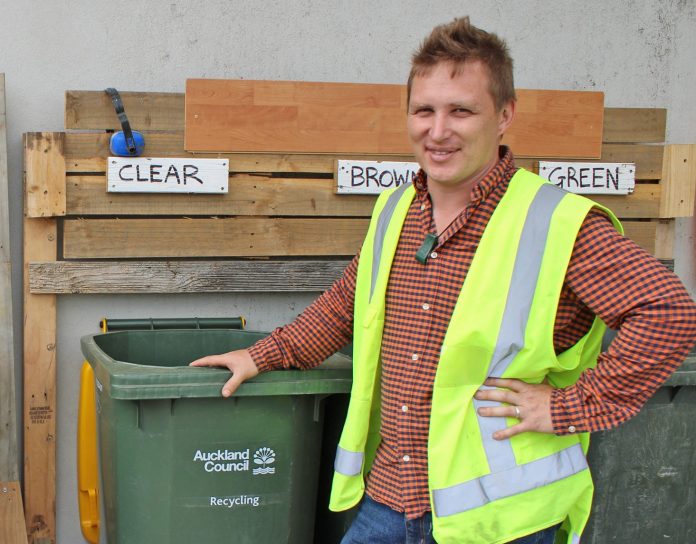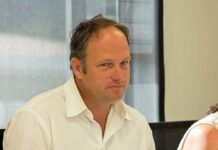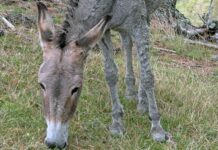Milk bottles and plastic bottles made of plastics numbered one and two that are taken to the Waiheke Community Resource Recovery Park in Ostend will now be recycled thanks to new relationships with recycling buyers, says the centre’s community engagement and education officer, Michael Tavares.
Since Island Waste Collective took over the running of the transfer station in July, Michael says they have been bailing up cardboard and storing recyclable items until he had a chance to meet with potential buyers for the materials.
Michael told Gulf News this week he has a buyer for paper and cardboard, a buyer for glass and a New Zealand recycler who will take PET, also known as plastic number one.
The recycler taking the PET won’t be paying the transfer station for the materials but taking it for zero dollars, he says.
“It’s never been zero before, but we make too much of it [PET],” Michael says.
“We still want people to recycle it,” he says. “That market volatility is for us to worry about.”
He has also found a recycler to take HDPE, which is plastic number two. HDPE can be made into new plastic containers while white and coloured can be made into items like shopping trolleys, he says.
“We are in the situation where more plastic has been produced in the last 10 years than in the previous 40 years.”
Although recycling is good, he says reusing, reducing and rethinking is better.
“Obviously I’m not saying don’t recycle, I’m saying what people need to think about is ways to use less plastic to begin with.”
Steel cans recycled at the centre are sent to a scrap metal dealer and once bailed up, aluminium cans will also be going to a recycler.
The recycled items Michael is referring to are those that residents take to the transfer station to sort themselves. “People bring down their clean, sorted recycling then we do our best to find a good market for it,” he says.• Erin Johnson
Full story in this week’s Gulf News… Out Now!!!







